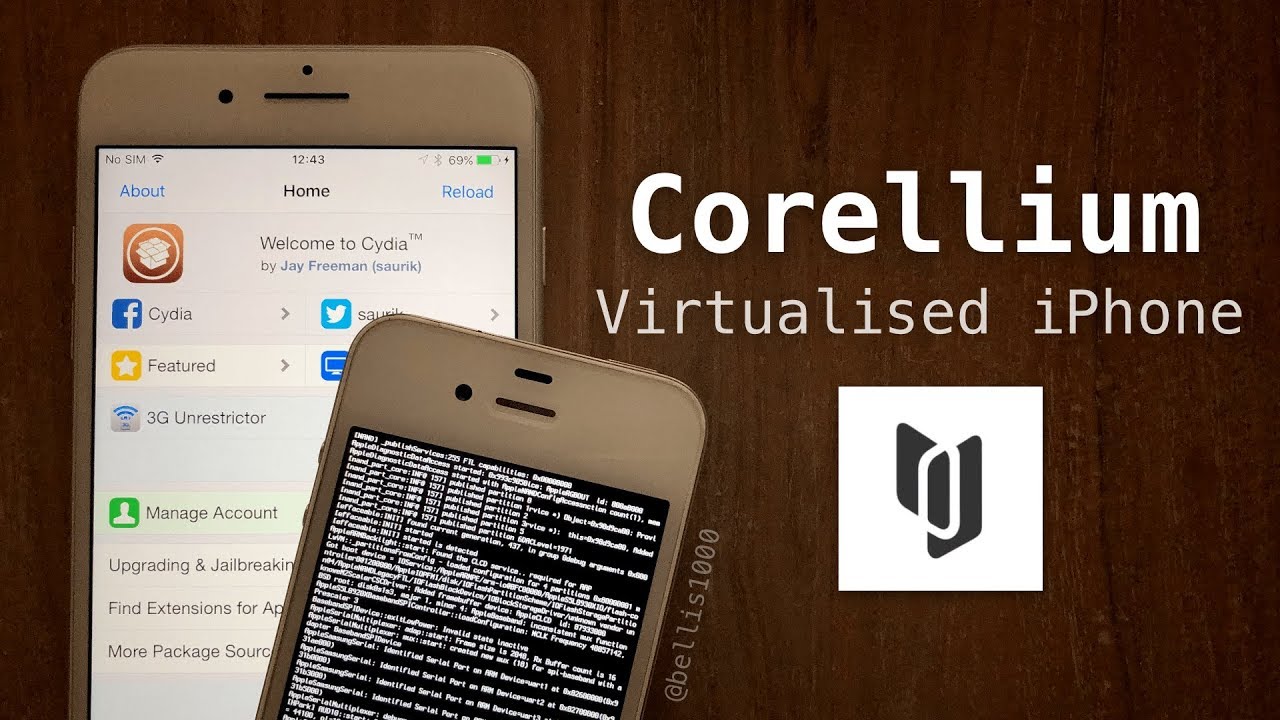
Apple Inc. made a copyright infringement claim against Corellium, Florida based Startup, earlier this year. On Tuesday, a Florida federal judge dismissed Apple’s copyright infringement claims. Corellium’s software is intended to help security researchers in finding the vulnerabilities and loopholes in Apple products.
Rodney Smith, the district Judge of Florida, rules in favor of Corellium LLC. He said the software that was able to match the software of iOS by more or so imitation has contributed and helped the developers find security flaws.
Corellium was accused by Apple of substantially replicating iOS software to create iOS-operated devices virtually whose only purpose was to run an unauthorized copy of the system on non-Apple devices and hardware.
Corellium permits security specialists to turn up a virtualized ARM gadget (counting iOS gadgets) in a program and investigate the hood to find potential security bugs.
Apple and Corelllium’s history goes beyond this lawsuit. At the beginning of 2018, Apple tried to acquire Corellium. During this time, the two organizations met face to face and telephonically. Corellium disclosed to Apple the innovation behind the Corellium Product and how it functions and talked about Corellium’s business and expectation to popularize the product. If Corellium was acquired by Apple, the product would have been used for validation and testing internally.
The Judge while making his decision said the Corellium’s replication is more so focused on adding something new to use that includes the space to see and halt running processes, conduct operations, modify the kernel, use a file browser and an app browser, use CoreTrace and take live screenshots along with other operations.
Smith also said that Corellium’s benefit inspiration doesn’t sabotage its reasonable use defense, especially thinking about the public advantage of the item.
Apple’s argument against the Delray Beach startup stood on the grounds of the startup acting in bad faith by not requiring customers to report bugs to Apple Inc. and selling the companies’ products indiscriminately which may or may not include the customers being potential hackers was also rejected by the judge.
He said that contention seemed “astounding, if not deceitful,” saying Cupertino, California-based Apple didn’t force a revealing requirement under its own Bug Bounty Program.
Corellium on this matter has denied any wrongdoing and Justin Levine, one of its lawyers concerned with this case, said via an email that the decision made the proper revelation per fair use.
Smith said Apple may in any case seek after a different federal law claim that Corellium evaded its safety efforts while making its software.











